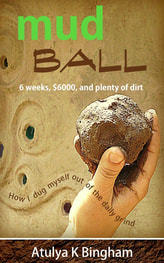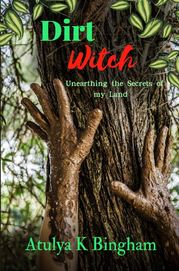|
Gertie hen was the difficult hen. In some ways she was also the unlucky hen. Without opening the can of earthworms that is chicken privilege, I should explain; I’m using the word “unlucky” very liberally here. In the grand scheme of things Gertie was the most fortunate hen in the world: organic food, freedom of clucks, a state of the art mud palace and hen estate. But a bit like Jackie Onassis, despite a luxurious backdrop, there was a tailwind of inauspiciousness that seemed to follow her. Things often went wrong for Gerts. If the door happened to blow shut on a hen, for some reason it was Gertie. If I tripped over a chicken by mistake, it was always Gertie. It was her eggs that didn’t hatch. And it was she that died first. I’ve been braced for a chicken death since that day deep in darkest Spanish lockdown when I brought my hens up here in the boot of my car. I quite assumed a predator would take them— the badger from the set below the walnut tree, the fox, a boar, a wolf or an eagle. Trouble skulks behind every rock up here. It ghosts behind each cloud of leaves. And my hens are hardly cautious. Except Gertie. She was very cautious. Always preferring to hang out by the coop. Always the nervous one. While Hilde and Frida sat happily in my arms, it took me nine months before I could pick Gertie up without her scratching and flapping in terror. As is often the case with frightened people, Gertie was aggressive. She pecked fat Hilde whenever she could and always vied for supremacy. Ah Gertie...sigh. She’d probably been traumatised by something or someone before she arrived here, and left a little broken. Yet for some reason, despite having fallen into paradise, she couldn’t quite get over it. All this made it difficult for me to like old Gertie quite as much as the others, which of course made her more unlucky. So often character and luck go hand in hand, like two threads of a cord. So often we (at the very least) contribute to our bad luck. Yet we don’t really see that we’re doing it, blind to the magnetism of our negativity. Despite her bullying and pecking Gertie never got what she wanted. And despite her fear and cautiousness, she didn’t avoid trouble, nor ultimately death. Stories This is of course a story. My story. It’s the story of Gertie hen, who I saw as having a certain personality by taking data points (like pecking and flapping and squawking) and joining the dots into a narrative. The trajectory of our lives follows the narratives we believe in. Stories: they are what we become. People get upset when you say we forge our destinies. We are mired in blame culture, and everyone is just itching to take it on. This isn’t about blame though, or being at fault. It’s about consequence. It’s about nature’s rules. I didn’t make them up. I’m just observing them. Stories are influential things. They become real in some form or another more often than we like to believe, because we are both powerful creators and very open to suggestion. Our present-day reality is a product of a hundred and one fictions from the past. Anyone who’s older than 45 remembers the world before smartphones, and knows that they were created on the back of Star Trek communicators. Credit cards were first imagined by Edward Bellamy in his 1888 novel, Looking Back. Driverless cars first appeared in Minority Report. And the Jetsons have an awful lot to answer for, not least Skype*:) 1984, Brave New World, and Fahrenheit 451 are old dark stories now trying to materialise. Shame we haven’t learned to tell and believe in a few more inspiring ones. The trouble is, so much of the time, perhaps like Gertie hen, we seem to forget who we are and become characters of other people’s plot lines. All ideological narratives use the this technique to form worlds and manipulate lives. Whenever I hear the terms “leftist” or “extremist”, “far right” or “conspiracy theory”, I know I’m being invited into a story, where selected data points are woven together to form an external narrative. In some ways you could say all words and concepts come loaded with backstories. Take almost any noun and you have a story about what it is and what it's for which is far from the divine all-encompassing truth. Gertie’s New Story Back to Gertie hen, who starts this tale as both a victim and an aggressor. It was spring this year when her story started to change. Jose Manuel the stonemason liked Gertie. He stroked her and gave her treats. “She never lets me touch her,” I said as Gertie approached Jose Manuel’s capacious hand. “Because you don’t like her, and she knows,” he replied, pulling off a crumb of bread for her. This was true of course. I’d tried to hide it and treat her like the others. But deep down I knew I didn’t like her all that much. And so did she. One late spring day with the mist swirling and the grass on the rampage, I decided to change my attitude to Gertie. I decided to love her instead of be irritated by her. I chose to be the change instead of expecting it from her. The difference was arresting. The moment, literally the moment, I spoke to her kindly and generated a feeling of love toward her, she sat on my mat and blinked her blue eyes in gratitude. Soon she let me pick her up and coddle her. How happy she was! She toned down her pecking and made friends with funny Hilde. Every morning, I’d double-take the pair of them prattling away, while Frida the zen hen went broody and sat on a batch of fertilised eggs I’d acquired from a friend. It seemed we’d turned a corner. But then Frida hatched a chick. It was a curious white thing with feathery feet. This downy newcomer must have shifted Gertie from the rails of her new story back onto her old timeline. She was jealous. So she pecked and harassed the little fluff ball. It was then I started to feel exasperation. Standing by one of my ash trees and hearing the branches rustle, I sank into the Gaian field of all things, to that space beyond and within where there are no borders. I connected with Gertie. I told her she could have her own chicks, and that she was loved. There was no need to be jealous. Gertie heard. The pecking reduced. She sat on my mat alone, preened her auburn feathers and stared at me on and off. But as we tipped over the precipice of summer, I sensed something heaving below the surface, both inside and out. The world was bifurcating. All the narratives were disintegrating, breaking up like feeble row boats in the stormy seas of the times. As humanity bobbed in this churning ocean, some folk were questioning the integrity of the structures they’d seafared in for so long. It was scary and risky because without a story who were they, and what would they become? Others clung to the flotsam, still buying into other agents’ fables, seemingly stuck to them no matter how great the inconsistencies. Because whether it’s the mainstream media storyline, 1984, Nostradamus or any other prophecy, all external narratives are closed vessels. All hold the imprint of the dead. Gertie’s Choice It’s not easy to change a narrative. It’s not easy to change full stop. I think Gertie tried to change, but at some point gave up. The chick grew into a stunning blond bombshell of a teenager, with fluffy white and grey plumage and feathery boots. She trotted around like Paris Hilton, and to be fair, if I’d been Gertie I’d probably have found it galling too. One day at the water bowl Gertie attacked the chick violently. So I pulled my hen aside, picked her up and sat with her under the ash tree. She huddled there in my arms, chicken eyes rolling. “Gertie. You have to listen,” I said. “This land is a happy place, a world of peace. I have intended it so. If you want to stay here, you need to step up. You need to choose. Where do you want to be? I want you to be here. You are loved and wanted. But you have to choose.” Two weeks later I opened the coop to find Gertie looking unwell. The others jumped outside to feast on baby snails, but Gertie didn’t. She perched on the hen balcony clinging to the rim with her scaly feet. I brought her clean water, chopped melon, and feed. For a moment I wondered whether to take her to the vet. So I sat, felt the air and observed. There was a clear, “no, leave me in peace.” As I watched, Gertie blinked her eyes blue at me again and again. It was the look of happiness and gratitude my hens bestow on me when I pet them. She laid an egg soon after. Her last egg. I closed the door. Two hours later I looked in and found Gertie dead, feet stretched stiff and yellow on the floor of the mud coop. She looked more peaceful than she ever had in her life. Dear Gertie. It seemed she’d made her choice. What is the truth? But this is all just a story. A narrative. It’s my story. Not Gertie’s. Certainly not the whole amazing truth of her, as soon became all too clear. For when I placed her in her grave, the truth that always rises in death bloomed like an amaranth. What was Gertie? Who was she? The land definitely noticed her absence, as did I. Just as I’ve experienced many times before, she seemed so much larger in death than life, her presence inexplicably everywhere. Gertie hen. Who were you? Who am I? What is the truth? One thing is for sure: the truth is not a story. It’s huge. It’s infinite. It’s ever-changing and evolving. And so are we. Our potential is far greater than a novel or a script. We should be commanding narratives, not following them. Why do we think only a certain mostly unchosen few get to write the plotline for planet Earth? They don’t. And they won’t. Unless we buy into their self-aggrandizing fables and cast ourselves as sidekicks or pawns. In the vast ocean of ourselves beyond our story – a story suggested to us from the outside rather than one we have created ourselves – power is something very different. It doesn’t rest on money or control. Power is energy, frequency, and purity of vision. So I thank you dear Gertie for reminding me of that. And wherever you’re going now, I know you lived and died well. You roamed free with love and friends and nature. You saw sunrises and sunsets, winters and summers. You had dignity in both life and death. And a little mud house even I’m jealous of. We both learned from each other, and both of us cared. So go well my feathered friend. Be at peace. And don’t exist as my story or anyone else’s. Be forever the great uncontainable field of yourself that I sensed when you died. Be free. *Just for fun, if you want to see the eerie extent of how the modern world is shaped by fiction, read this: https://www.factinate.com/things/40-fantastic-facts-science-fiction-became-reality/ Want a closer look inside my world? If you enjoy my stories and would like a closer look inside my world, consider joining us on Patreon. My world is precious to me and therefore I don’t share it on social media, it’s all on my private Patreon newsfeed. No matter how much you contribute you’ll have access to a video a month, plus thoughts and musings I don’t wish to share publicly. Your support pays for the running of this website, my virtual help, and my sustenance. A big thank you to all The Mud Sustainers, and everyone chipping in and keeping these posts and articles coming. Earth Whispering Exploration
If you’d like to sense the field beyond the story, you might like my Earth Whispering Exploration. The first audio is free to try without enrolling. Just scroll down to the curriculum and click the preview.
4 Comments
|
Atulya K Bingham
Author, Lone Off-Gridder, and Natural Builder. Dirt Witch
"Reality meets fantasy, myth, dirt and poetry. I'm hooked!" Jodie Harburt, Multitude of Ones.
Archives
November 2022
Categories
All
|

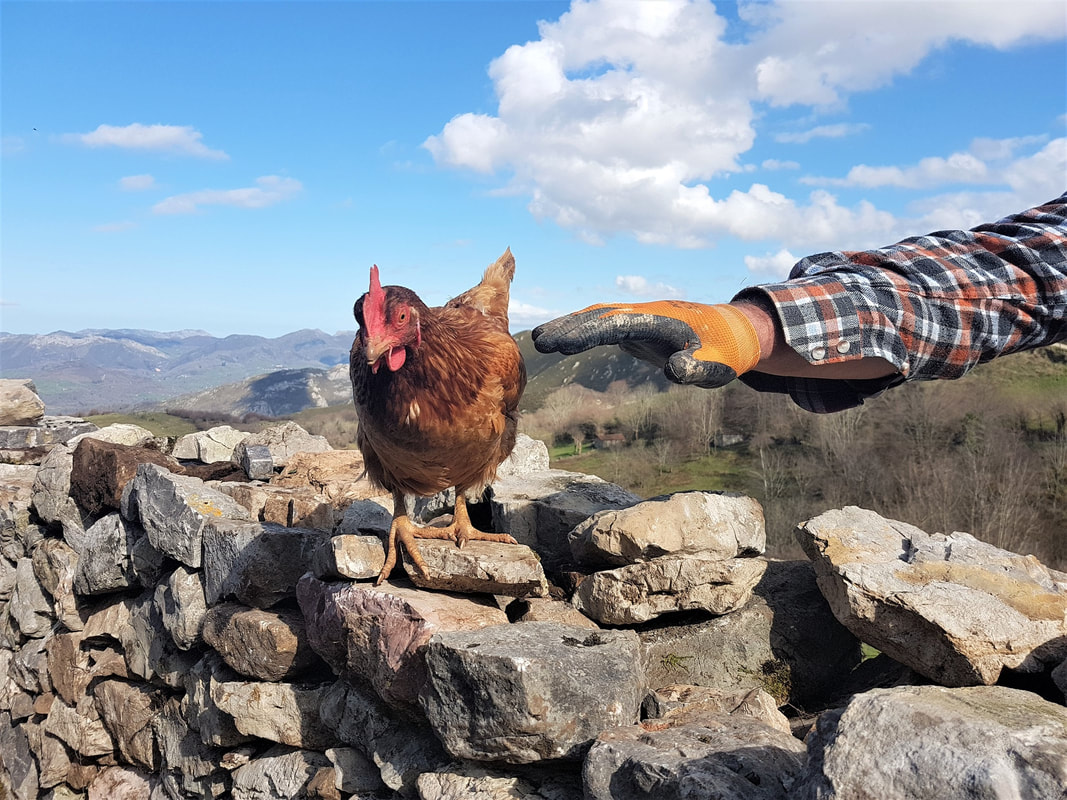
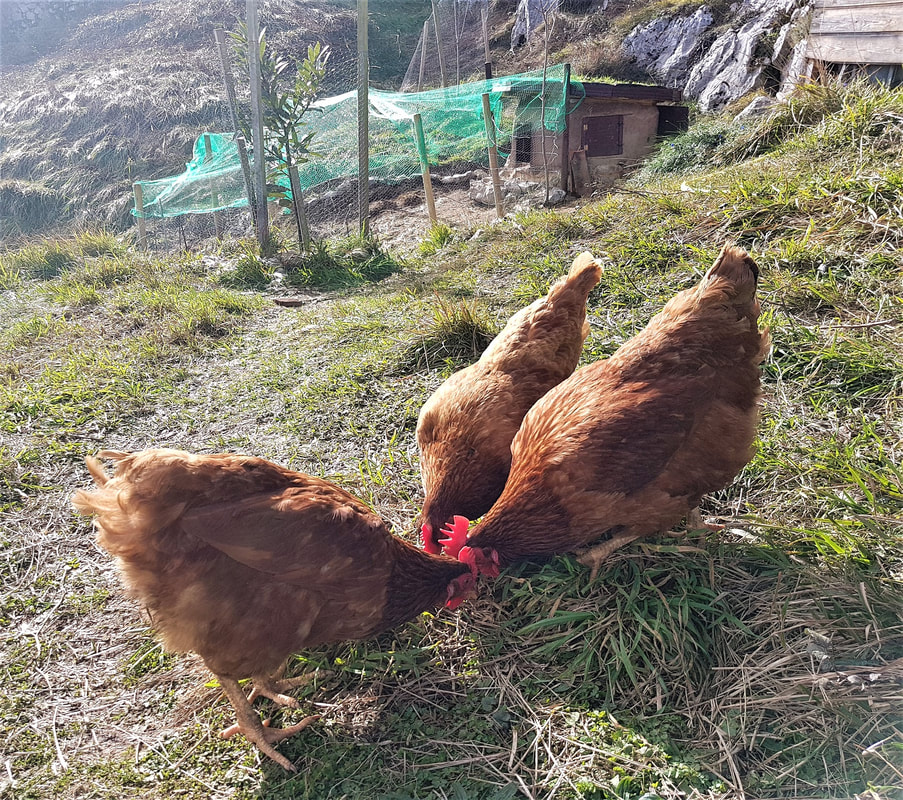
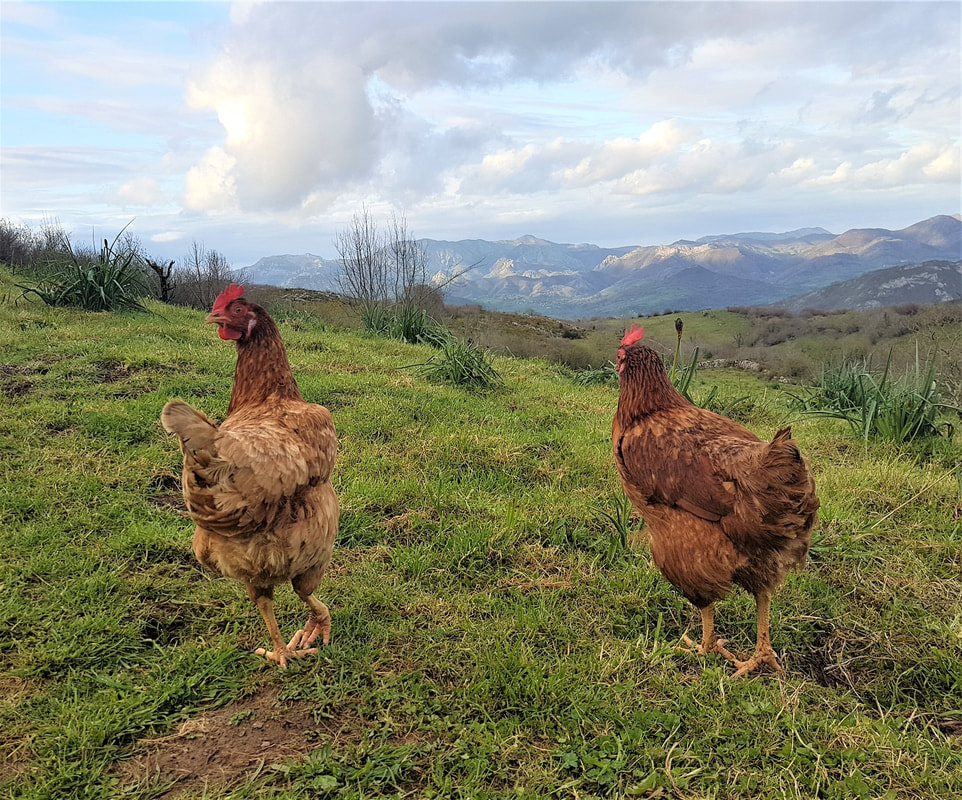
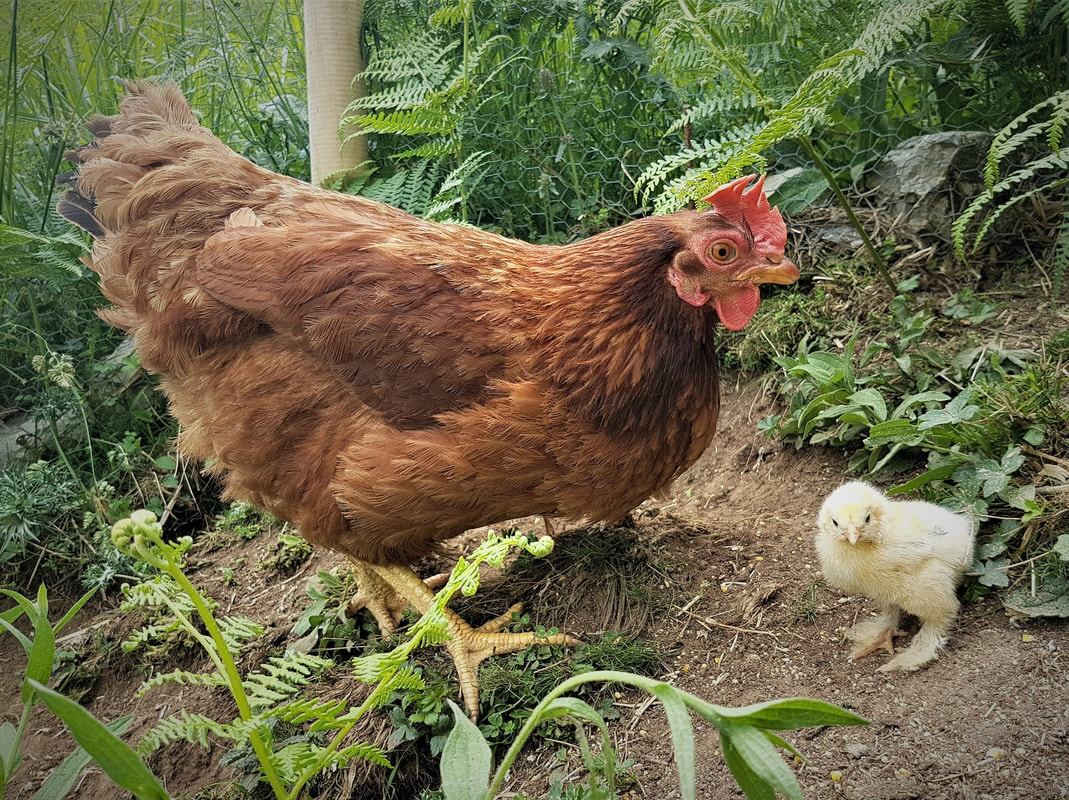
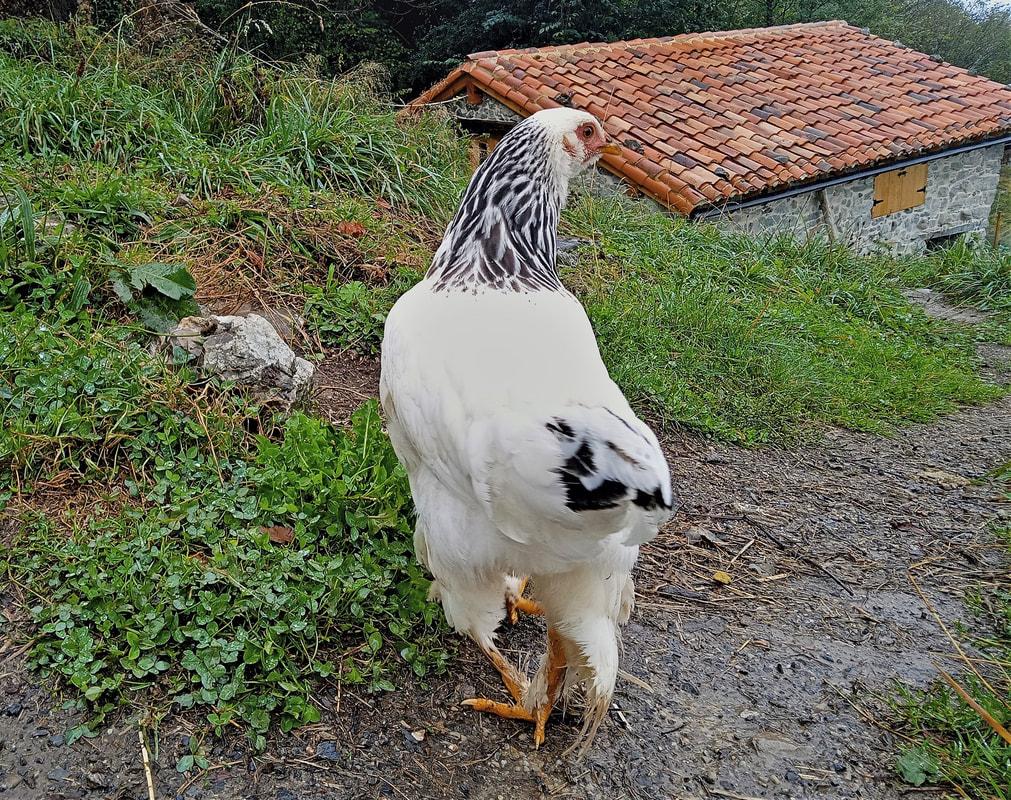
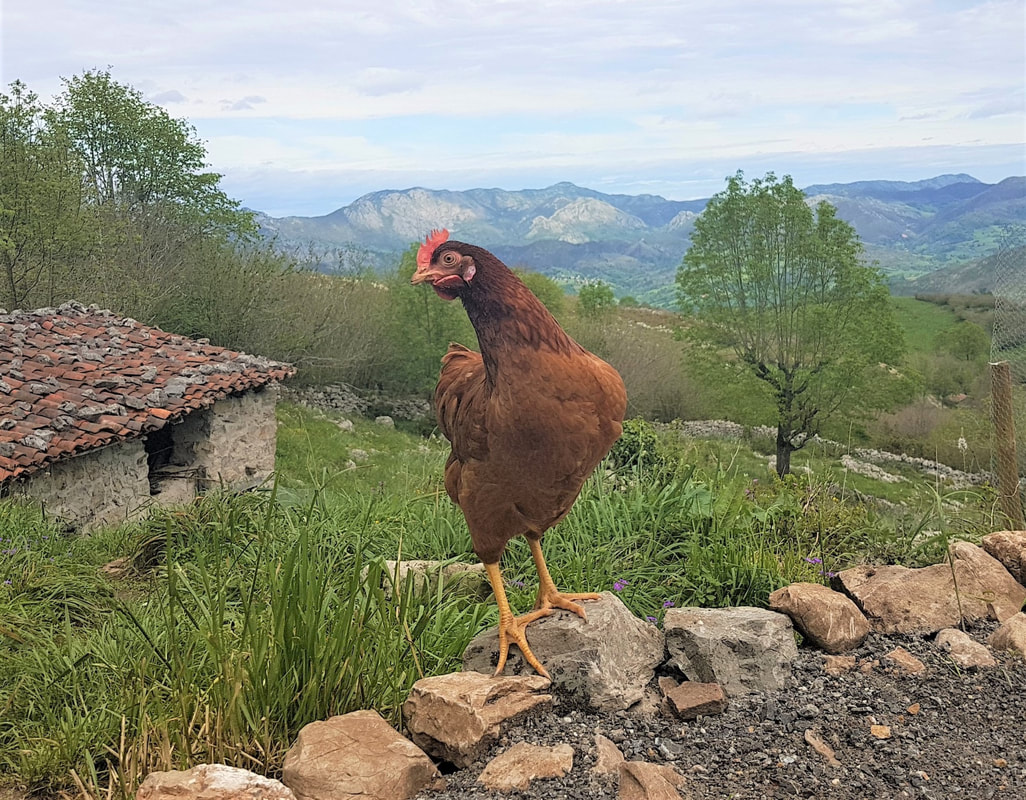
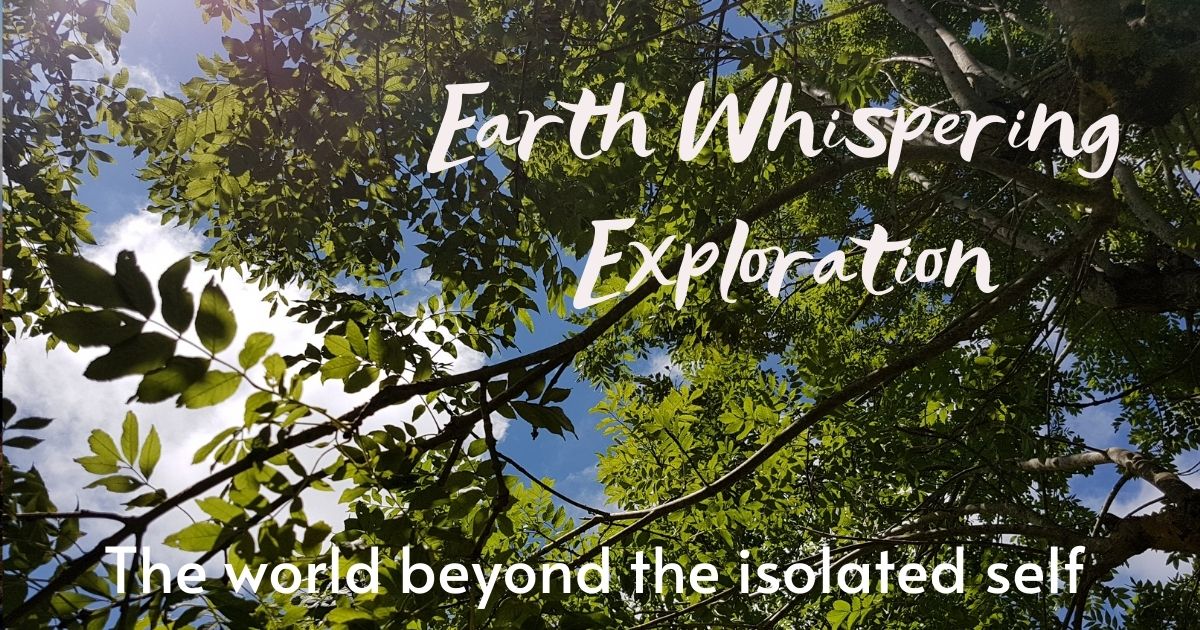

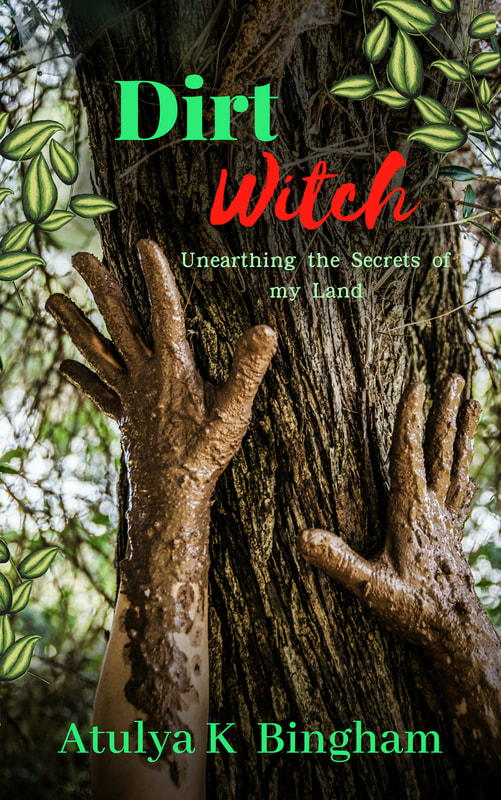
 RSS Feed
RSS Feed
